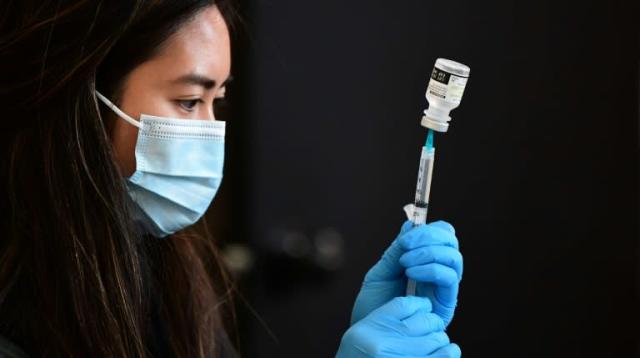New U.S. study helps demystify COVID brain fog
A new small study published by scientists at the National Institutes of Health as shows that the immune response triggered by Coronavirus infection damages the brain blood vessels and can be responsible for the symptoms of long covid.
This paper, published in the journal Brain, is based on the brain autopsy of the nine people who died suddenly after contracting the virus.Instead of detecting evidence of covid in the brain, the team found it was the antibodies of the people themselves that attack cells that line the blood vessels of the brain, causing inflammation and damage.This discovery can explain why some people have the remaining effects of infections including headaches, fatigue, loss of taste and odor, and inability to sleep and “brain fog” – and can also help design new treatments for old covid.
This scientist Avindra Nath, the senior writer of the newspaper, said in a statement: “Patients often experience neurological complications with Covid-19, but the underlying pathophysiological process is not well understood.””We had previously shown damage to blood vessels and inflammation in the patient’s brain during an autopsy, but we did not understand the cause of damage. I think in this paper we have gained important insight into the cascade of events.”
Nine people, aged 24 to 73, were chosen from previous studies because they showed evidence of damage to blood vessels in their brains based on scanning.Their brains are compared with those of 10 controls, with the team examining nerve inflammation and immune responses using a technique called immunohistochemicals.
Scientists found that the wrong antibodies produced against Covid-19 cells that were mistakenly targeted that forming “blood-bloodstreaming”-a structure designed to keep dangerous invaders out of the brain while allowing substances needed to be passed.This cell damage can cause protein leakage, bleeding and lumps, which increases the risk of stroke.Leakage also triggers cells -immunity called macrophages to rush to the location to repair damage, causing inflammation.
The team found that the normal cellular process in the area targeted by the attack was very disturbed, which had implications for things like their ability to detoxify and regulate metabolism.This finding offers instructions on biology that plays a role in patients with long-term neurological symptoms, and can inform new treatment, drugs that target the accumulation of antibodies in blood barrier-otak.
“It is very possible that this same immune response continues in long covid patients resulting in neuronal injuries,” Nath said.This means that the drug that contacts the immune response can help the patient, he added. “So these findings have very important therapeutic implications.”


